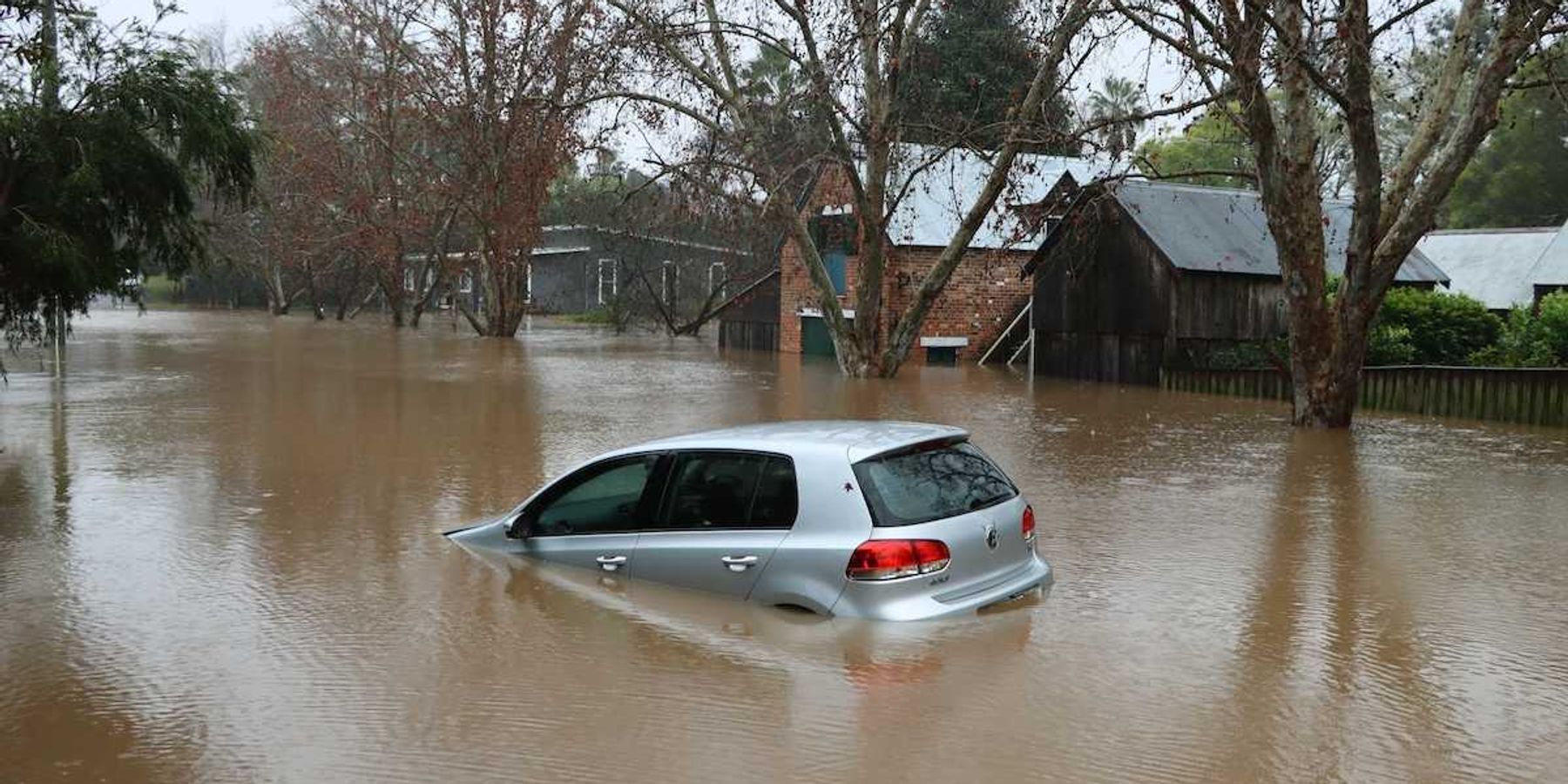China faces urgent need to tackle air pollution mortality risk
In a recent study, scientists reveal the urgent need for China to address its escalating air pollution deaths to protect its growing elderly population.
Gary Fuller reports for The Guardian.
In short:
- Researchers found that air pollution deaths in China could start to increase again due to the country's ageing population and existing health vulnerabilities.
- Despite significant improvements and the implementation of comprehensive air pollution action plans, China still lags behind global standards.
- The study suggests that deaths related to air pollution could rise by 116,000 to 181,000 annually from 2030 to 2060 without more aggressive action.
Key quote:
"The same level of air pollution will have a greater impact on an older and less healthy population with increased levels of diseases impacted by air pollution."
— Michael Brauer, professor at the University of British Columbia
Why this matters:
Vulnerable populations worldwide, including children, the elderly, and those with preexisting health conditions are more susceptible to the adverse effects of pollution, which can exacerbate asthma, lead to lung cancer, and increase the risk of stroke and heart attack. The situation is more dire in lower-income communities and developing nations, where regulatory and health infrastructures are often lacking, exposing residents to higher pollution levels without adequate protection or healthcare support.













